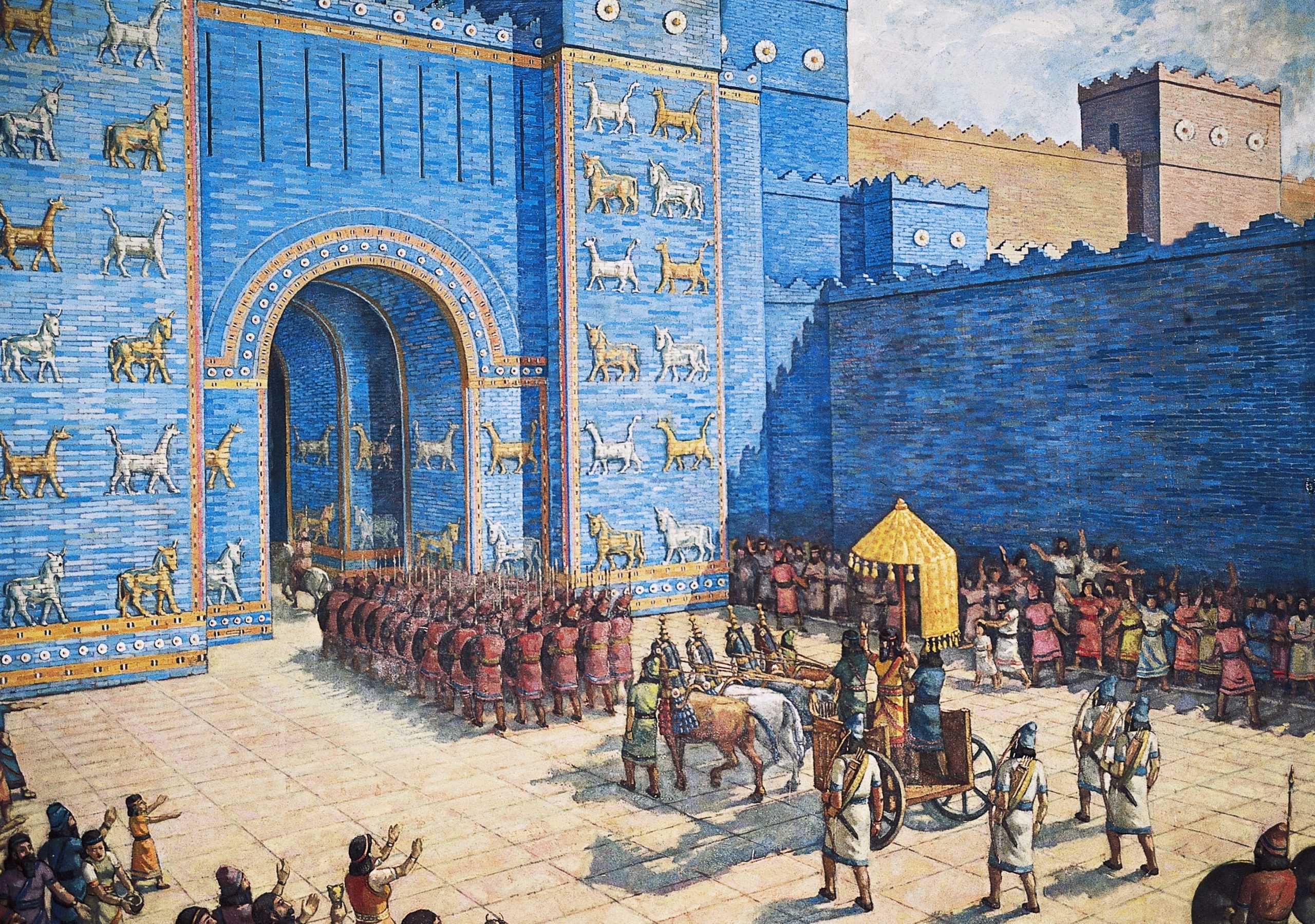
Now that Israel has officially established a king, in verse 25 we’re given this mysterious statement that “Samuel explained to the people the rights & duties of kingships”?
What are these “rights & duties” all about?
Here’s what’s going on.
Some 300 years earlier, God being all-knowing, knew that Israel would want to install a king, so he provided safeguards for it in His Torah.
Specifically in these verses:
“When you have entered the land Adonai your God is giving you, have taken possession of it, and are living there, you may say, ‘I want to have a king over me, like all the other nations around me.’ In that event, you must appoint as king the one whom Adonai your God will choose. He must be one of your kinsmen, this king you appoint over you — you are forbidden to appoint a foreigner over you who is not your kinsman. However, he is not to acquire many horses for himself or have the people return to Egypt to obtain more horses, inasmuch as Adonai told you never to go back that way again. Likewise, he is not to acquire many wives for himself, so that his heart will not turn away; and he is not to acquire excessive quantities of silver and gold.”-Deuteronomy 17:14-17
Now recall in previous lessons I told you how once Israel chose an earthly ruler, that would result in a new legal covenant being set up between the people and the human king…
And that this agreement was different than the legal covenant between God and Israel.
Since a human king is obviously imperfect and inherently sinful, the Lord knew He would have to install measures to protect the people.
That’s what those passages from Deuteronomy 17 are all about.
Next, we’re told Samuel wrote those words on a scroll and set it “before the Lord”.
There’s that phrase “before the Lord” again.
This probably means it was placed before or even inside the Ark of the Covenant.
Finally, we’re told Samuel sent everyone home and Saul went back to his hometown Giv’ah accompanied by a group of men.
In Hebrew, these men were called GIBBORIM.
That phrase is usually translated as “men of valor” or “mighty men”.
This would be an apt description as those men were to pledge undying allegiance to the king.
In fact, there’s even this tidbit explaining that it was an honor for these men to serve the king.
It also goes along with what was said in chapter 8 about how the king would conscript Israel’s young men and remove them from his families…although that was a negative statement.
So what’s the takeaway for today?
Well, as with other lessons we are to extract from the Scriptures, we gotta go back to the Torah folks.
Specifically, in this case, Deuteronomy 17.
The rules listed in the above passage were all about how a monarchy in Israel should operate.
Keep in mind, that although Saul was an earthly ruler who arose in response to the fleshly demands of the people, he still came about because of God’s sovereignty.
In other words, Saul’s kingdom and all future kingdoms of Israel were divine establishments and not merely human governments.
That’s why contrary to the kingdoms of the gentile nations, God placed limits on Israel’s king instead of the opposite where the king placed limits on his citizens.
Worldly monarchies focused on RIGHTS of the king…
God’s monarchy focused on the DUTIES of the king…
And if a king of Israel became lax in those duties, in due time, he was gone.
That’s the big difference between the kingdoms of the world and the kingdom to come.
Oh, I forgot to add…
We shouldn’t overlook the democratic flavor of this scene where we have Samuel explaining their rights to them at the outset.
I’d say that was also quite a revolutionary thing compared to the kingdoms of the goyim (nations).
Alrighty, see ya next time.



Leave a Reply